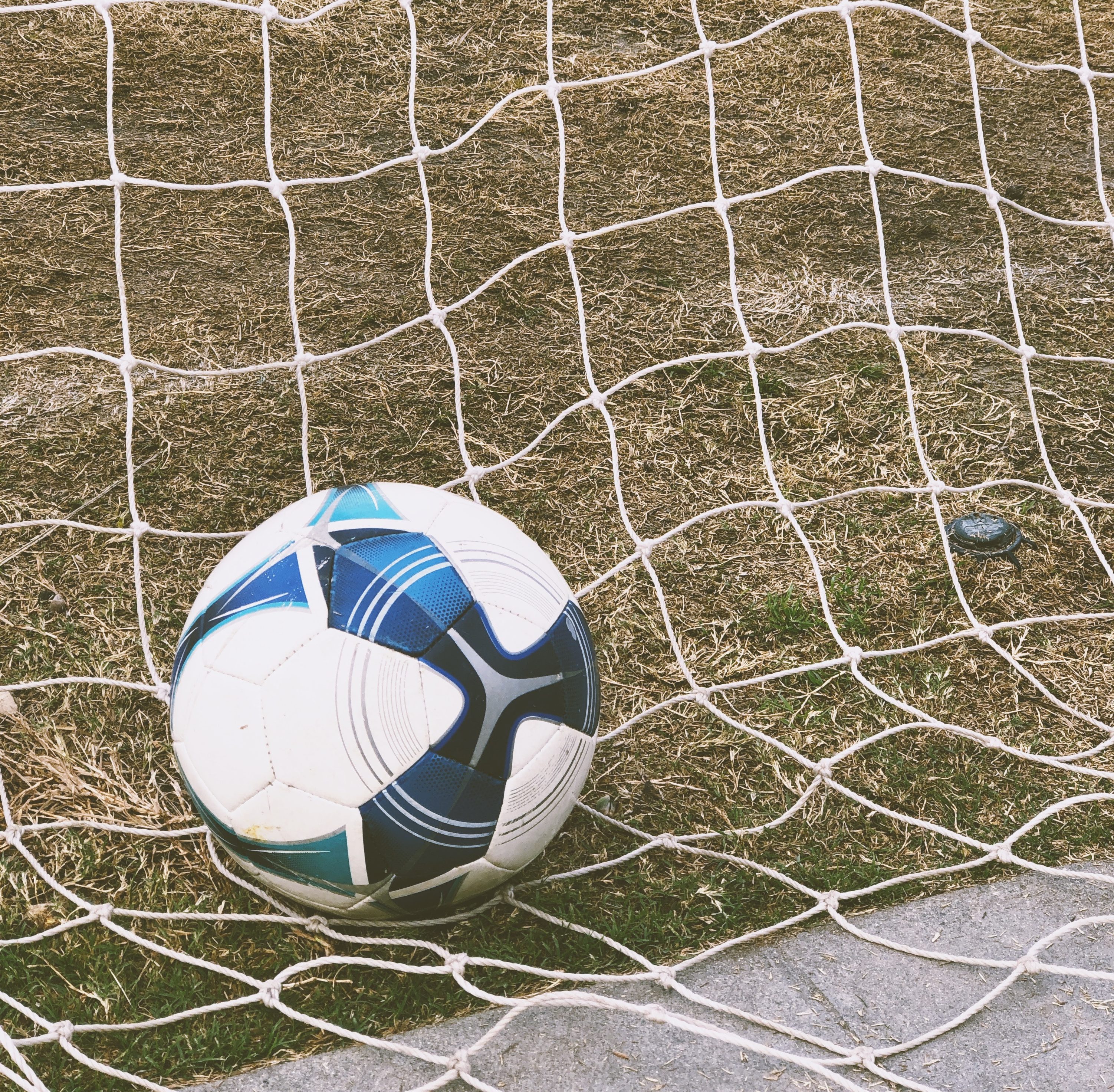Why a sense of humor is a key to life after sports.
Several years ago, when I was working as the principal of an elementary school, we held a ‘sports day’ as a part of winter carnival week. Staff and students dressed up in clothing that represented their favorite team or sport. Wanting to get in on the fun, I dug out my old college football game jersey and squeaked into it for the day. One of our bright-faced young teachers greeted me in the hallway that morning, with what I’m sure she intended to be a keen observation of her boss’ attire. “Great shirt!” she said. “Is that one of those old-time throwback jerseys?” I waited for the follow-up comment, but it never came. I burst out laughing, and eventually told her that it was, in fact, from my college uniform. I’ve never seen a face so red.
The positive after effects of laughter on our overall feelings of wellness have been studied for years. Beyond the general positive feelings that follow a good laugh, there are plenty of theories about a link between a sense of humor and lower rates of depression and anxiety, as well as some links to weight loss and a variety of other positive elements of life. Endorphins, shared social experiences, emotional release, etc. are all a part of the up-side of an ability to laugh at the lighter side of life.
There are far more benefits to walking through life with an ability to see humor around us, and in particular for the former competitive athlete. Our athletic experiences alone have given us plenty of experiences to recall, and with them the ability to see the absurd or light hearted in life. The social structure of a team sport, or of the communal competitive interests of an individual sport present many different opportunities to exercise a sense of humor. Every team has a clown, every sport brings with it the lighter moments or absurdities that keep us laughing. A sense of humor keeps things light in a world where tension and pressure are built into the nature of the experience. We have to find ways to break it once in a while. As such, humor is built into the larger experience of sports.
Fortunately for our sense of well-being, we are surrounded by the stuff of which a good laugh is made in the world after competition as well. Comedy is a staple in our entertainment offerings, as well as in our commercial endeavors. It is written into most cultures around the world, and though it looks different in different places, we all look to laugh. Let’s face it, we don’t have to look too hard to find the tension breaks that are all around us in our day to day life as well, if we are open to looking for them. Once we recognize the funny things around us, there are a lot of difficult circumstances that suddenly become bearable.
One of the most fertile grounds for frustration for the former athlete is our ego. The higher we rise in our sport, the more swagger we tend to bring with us beyond the game as well. (This is, of course, a generalization, but a safe one.) Once we have stepped away from competition, part of adapting is overcoming the loss of that source of affirmation we had found in our sport. We are no longer ‘in the game’ or ‘competing’ as a means of seeing value in ourselves. It rarely takes long for us to run into someone who, either willingly or inadvertently, takes us down a peg. Like my young teacher friend did for me.
We learn to live outside our element. We find other ways to fill voids in our competitive nature. There are new games that we play as we move into life after our principal sport, mostly as a result of our personalities and value for sports. Lifelong sports like golf, skiing, or racquet sports actually become a next step for many of us. We just need to remember that we may not be as good at those other activities or sports as we were at the one in which we competed. The alternative to getting frustrated or becoming an annoyance to our friends is to separate our ego and sense of self-worth from the game, and just laugh. Games become a source of entertainment or fitness instead of an outlet for our competitive drive. We take ourselves too seriously at our own peril. This concept is what has kept me from putting my golf clubs in a yard sale for many years now.
It is enough for us to know that we have had our higher moments in competition, regardless of how goofy we may look in recreational sports. Our achievements are not diminished by these moments. Hanging on to that within the privacy of our own thoughts, and cutting loose with a good laugh at our own misfortune is a sign of true confidence. It’s also a sign of a brand of humility that is fairly well admired in former competitive athletes.
So, in the end, jump in on that adult volleyball league without worry of looking silly. Flail away at that golf ball, and laugh at wherever it goes. Finish last in a fun run, with a smile on your face. You can be the ridiculous yet athletic looking one with a smile on your face and a whole lot less worry in your world. Laughing feels pretty amazing, after all.
Do you have a good story about ways in which you were able to channel your sense of humor as a way to move beyond the challenges of life after competitive sports? Feel free to share in the comment box below!
